Bashar al-Assad isn’t wasting much time with the niceties of the weapons-inspection process. Syria made its initial declaration of its chemical-weapons program today to the Organization for the Prohibition of Chemical Weapons, although the OPCW remained a bit ambiguous as to the substance of the initial declaration:
Syria has sent the Organization for the Prohibition of Chemical Weapons an “initial declaration” outlining its weapons program, the organization said Friday.
Spokesman Michael Luhan told The Associated Press that the declaration is “being reviewed by our verification division.” The organization will not release details of what is in the declaration.
U.S. officials said last week that the United States and Russia agreed that Syria had roughly 1,000 metric tons of chemical weapons agents and precursors, including blister agents, such as sulfur and mustard gas and nerve agents like sarin.
In the aftermath of the U.N. report that concluded sarin had been used in an attack in Damascus last month, the Organization for the Prohibition of Chemical Weapons, which polices the treaty outlawing chemical weapons, is looking at ways to fast-track moves to secure and destroy Syria’s arsenal of poison gas and nerve agents as well as its production facilities.
The timeline “jibes” with the US-Russian agreement on Syrian disarmament, CNN reports, which is on an expedited time line … but only initially:
Under the Geneva framework deal, Syrian President Bashar al-Assad last Saturday was to declare the weapons program in a week.
“This is irregular,” Luhan said, explaining that this level of fast-tracking the disclosure of chemical weapons “has never been done before.”
The normal 60-day process for declaring arms is being expedited to seven days “because of the extraordinary concern about Syria’s weapons,” he said.
Actually, it might not have met that expedited timeline:
The ambitious U.S.-Russian deal to eliminate Syria’s chemical weapons, hailed as a diplomatic breakthrough just days ago, hit its first delay Wednesday with indications that the Syrian government will not submit an inventory of its toxic stockpiles and facilities to international inspectors by this weekend’s deadline.
The State Department signaled that it would not insist that Syrian President Bashar Assad produce the list Saturday, the end of a seven-day period spelled out in the framework deal that Washington and Moscow announced last weekend in Geneva.
Marie Harf, a State Department spokeswoman, said Wednesday that “our goal is to see forward momentum” by Saturday, not the full list. “We’ve never said it was a hard and fast deadline.”
Even if it did, that’s probably where the expedited timeline will stop:
Once the group has received the declaration, Luhan said, “we have to go through it in detail and plan how to conduct the on-the-ground inspection mission, to verify the accuracy of the declaration and put seals on all the materials to make sure they are secure.”
A technical briefing on the Syria mission that was to have been held Monday will be rescheduled once a new date has been set for the council meeting.
The OPCW faces a logistical nightmare in constructing this plan, and it’s going to take a long time to work through it. The other signatories to the pact weren’t in the middle of a civil war, which made inspections and compliance checks a lot easier to design and implement. Even the effort to disarm Saddam Hussein, which ended up laughably inept, didn’t have to deal with a shooting war on the ground with the same units that controlled the chemical-weapons stocks.
It will take months to plan this out in a manner that Syria, Russia, and the US will agree to approve, and probably a year or two to implement even if Syria intends to comply. The destruction of chemical-weapons stocks is a lengthy and complicated process, and moving them for destruction while radical Islamist terror networks are trying to attack the units that need to secure the weapons will be very complicated.
And, of course, that makes Bashar al-Assad an indispensable person during the entire process. Don’t expect Assad to expedite his disposability any more than necessary.
Meanwhile, his opponents have reconciled in Azaz, at least for now:
The Syrian Observatory for Human Rights said that the Northern Storm brigade, which is loyal to the FSA and was based in Azaz, has agreed to a truce with ISIS.
The deal was brokered by Liwa al-Tawhid, a powerful rebel brigade loyal to the FSA, which sent fighters to deploy between the two sides in Azaz, the Observatory said.
That give the SNC a little more space to reject the Assad regime’s calls for an overall cease-fire … more or less:
A spokesman for the U.S.-backed Syrian opposition National Coalition (SNC) dismissed the Assad regime’s call for a ceasefire on Friday, saying the Deputy Prime Minister’s comment to a British newspaper was, “not a credible statement.”
Louay Safi, a spokesman for the Turkey-based SNC told CBS News that his group wasn’t opposed to a ceasefire in the bloody conflict, which has left more than 100,000 people dead during the past two-and-a-half years, “but it has to be part of a comprehensive peace plan.”
That’s not an outright rejection, but possibly a prompt for a clearer notion of what Assad promises to do for reform after the conflict is over. They want to dictate the terms of the peace process ahead of its start, but as Azaz shows, their standing is rapidly eroding for that kind of demand. The SNC looks like it’s heading for a third-place finish in a three-way race, and that won’t leave them any standing in negotiations at all.


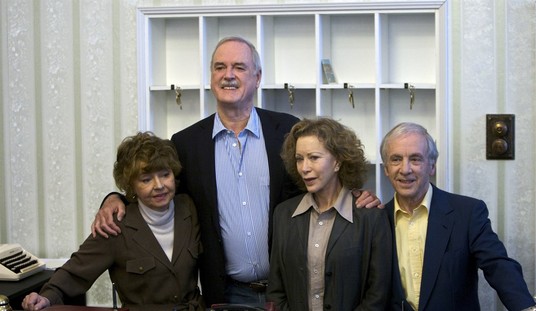
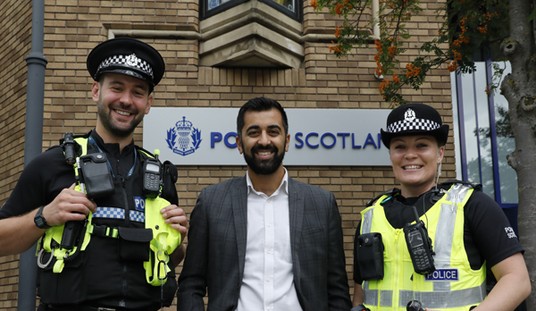

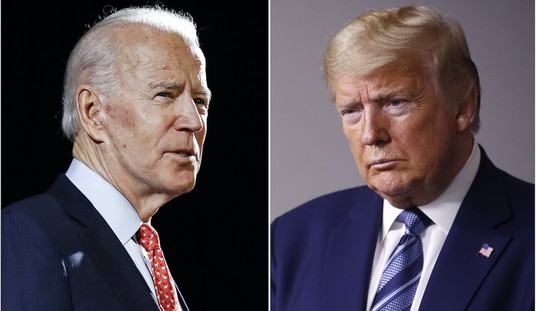
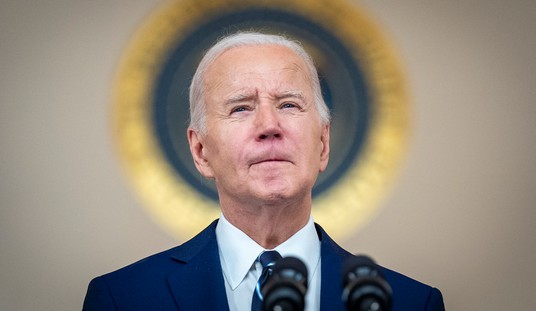
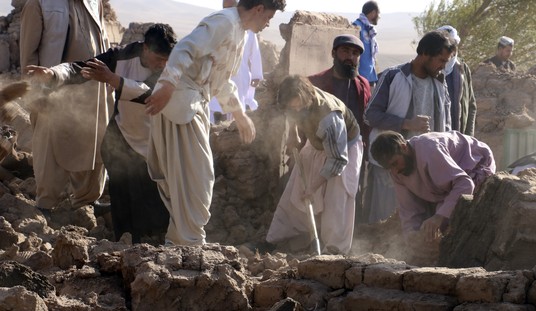
Join the conversation as a VIP Member